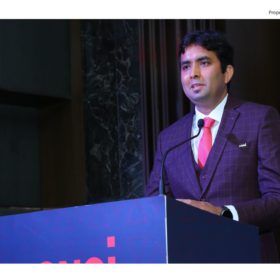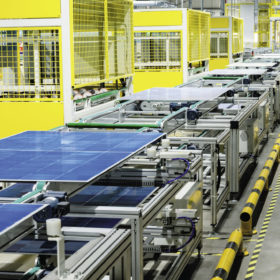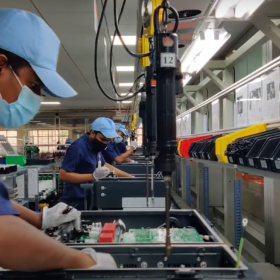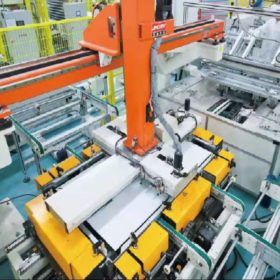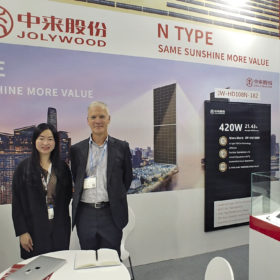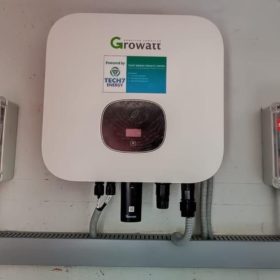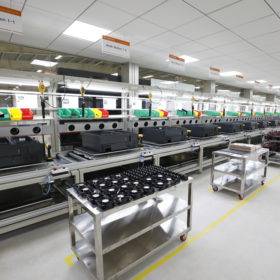Longi surpasses 7 GW of monocrystalline solar panel shipments to India
Chinese PV module manufacturer Longi has surpassed 7 GW of shipments to India, less than six years after launching its operations in the country.
Polysilicon maker predicts 5-year shortage of solar raw material
TBEA-owned Xinte Energy says it cannot produce polysilicon quickly enough to meet demand and wants shareholders to back its bid to quadruple its manufacturing capacity by mid 2024.
The long read: The right time for TOPCon
The potential advantages of n-type technologies have long been known to solar manufacturers, and such applications have been the focus of much of their research and development activities. Recent developments see 2022 shaping up as the year when n-type goes into mass production, led by tunnel oxide passivated contact (TOPCon) cells. pv magazine takes a closer at this cell technology and its route to the mainstream.
Sungrow ramps up Indian solar inverter factory to 10GW/annum
The Chinese solar inverter manufacturer, which established its factory in India in 2018, has expanded the India fab capacity to 10GW/annum to serve different customer segments, including residential, commercial & industrial, and utility-scale—both locally and globally.
Exide Industries and China’s SVOLT Energy partner for lithium-ion cell manufacturing in India
The lead-acid battery major will use SVOLT’s technology to manufacture lithium-ion cells in India. It will produce cells across two popular chemistries and three formats out of its proposed multi-gigawatt fab.
Talesun to supply 250 MW bifacial modules for Rajasthan solar project
The Chinese solar manufacturer has signed a deal with Indian developer Clean Solar Power to supply 250 MW of BIPRO series bifacial modules for a solar project in Rajasthan.
The long read: Expansions in n-type solar tech
The past 12 months have been a turbulent time for PV manufacturing. Rapid and impressive developments in technology have been accompanied by price increases up and down the supply chain, and energy shortages weighed on production in the second half of the year. Chinese n-type module manufacturer Jolywood is now pressing ahead with ambitious expansion plans despite the disruption. pv magazine publisher Eckhart K. Gouras and editor Mark Hutchins recently caught up with Cathy Huang, European sales director at Jolywood, to discuss the company’s plans to bring n-type TOPCon technology into mainstream production.
Asia Pacific solar supply chain trouble to ease this year, according to analyst
Wood Mackenzie has predicted solar equipment cost increases will ease back after last year saw the average cost of solar electricity rise for the first time in the Asia-Pacific region.
Growatt nearing 1 GW of solar inverter shipments in India this year
The Chinese inverter maker has expanded its offerings in India beyond commercial and residential solar sector by launching 250 and 253 kW inverters for the utility segment. It also plans to bring its offgrid solutions to the Indian market in 2022.
Sungrow hits 10 GW of solar inverter shipments in India
The Chinese inverter company has shipped more than 10 GW of solar inverters in India since it began its operations in the market in 2014.
